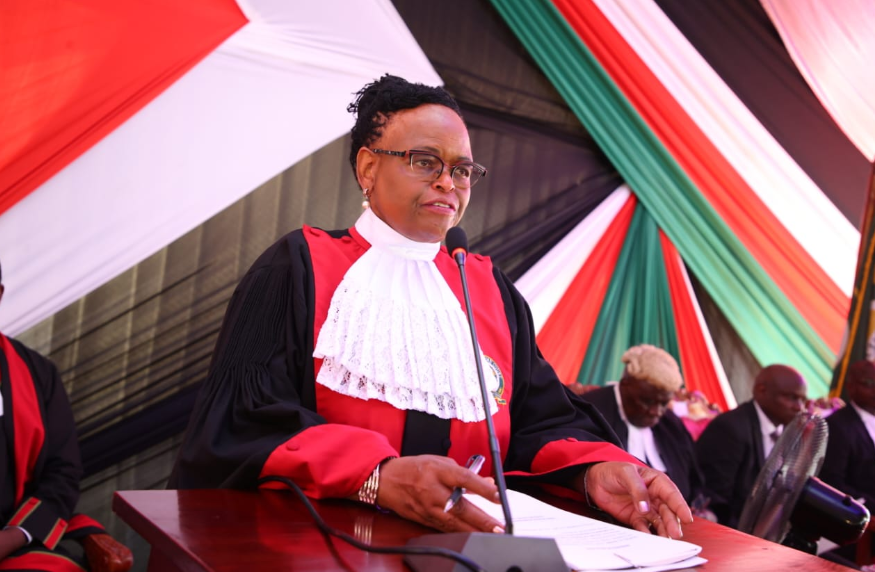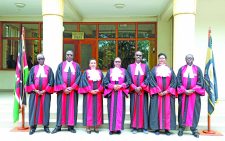JSC denies claims it’s protecting corrupt judges

The Judicial Service Commission (JSC) has rubbished claims that it has been shielding judges and magistrates implicated in corruption and other malpractices.
The Judiciary also told the Commission on Administrative Justice (Ombudsman) to respect its autonomy as enshrined in the Constitution.
The JSC denied claims that it had not been transparent in how it has been handling complaints and petitions against judges, judicial officers, and staff.
The JSC was responding to concerns expressed by the Ombudsman in a December 23 letter questioning how it handles complaints raised against judicial officers.
In a statement, the JSC said it is committed to transparency in all its dealings and cited its practice of publishing detailed annual reports “on the number, nature, and outcomes of complaints and petitions”.
Need for transparency
In its statement, the Ombudsman highlighted claims made by Jacqueline Ingutiah (pictured), the women’s representative in the Law Society of Kenya, on the JSC on a radio station.
Ingutiah claimed that since the JSC was established in 2011, a total of 935 cases have been lodged against judges. Of these, 862 have been resolved and 73 are pending.
“Notably, 772 complaints translating to 82.5 per cent of the concluded cases were dismissed based on decisional independence,” the Ombudsman had claimed.
The statistics, the Ombudsman claimed, highlighted both the volume of complaints received and the need for a more transparent process regarding how the complaints are managed.
The JSC insisted that all reports are accessible on its website, supplemented by the State of the Judiciary and Administration of Justice reports, which provide further insights into the judiciary’s operations.
The agency also emphasised its collaborative history with the Ombudsman, particularly through the Constitutional Commissions and Independent Offices forum.
It expressed concerns about the Ombudsman’s decision to share its misgivings and go further to issue an ultimatum through social media.
It urged the Ombudsman to respect the importance of mutual respect and collaboration among constitutional commissions as it emphasised its independence under Article 249 of the Constitution.
“The independence of the JSC from control by any person or authority is essential for the effective and impartial fulfilment of its mandate,” JSC stated.
“The fight against corruption and the quest to restore public confidence in the Judiciary demand unity, not divisiveness’”















